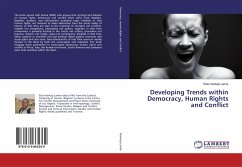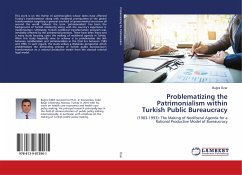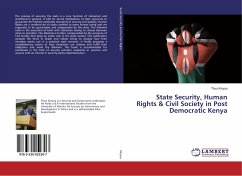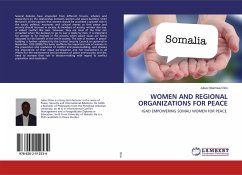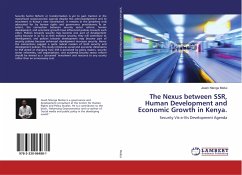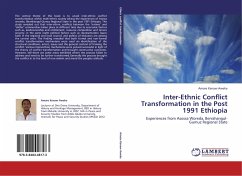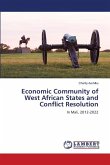The book agrees with Zeleza (2004) who argues that writings and debates on human rights, democracy and conflict often suffer from idealistic, legalistic, dualistic, and ethnocentric analytical traps. Idealistic in that human rights, are reduced to ideas abstracted from the social reality of history, so that they are seen as the outcome of concepts not conflicts, insights not instigations, philosophy not politics. Legalistic in that their provenance is primarily located in the courts not culture, procedure not practice, rhetoric not reality, codes not contingency. Dualistic in that they either polarize or priorities civil and political rights against economic and social rights and vice versa. And ethnocentric in that their source-is usually located in the West by both the universalists and relativists. The book engages these parameters to interrogate democracy, human rights and conflict in Africa, Asia, the Arabian Peninsula, South America and compares same with practices within the West.

